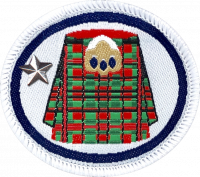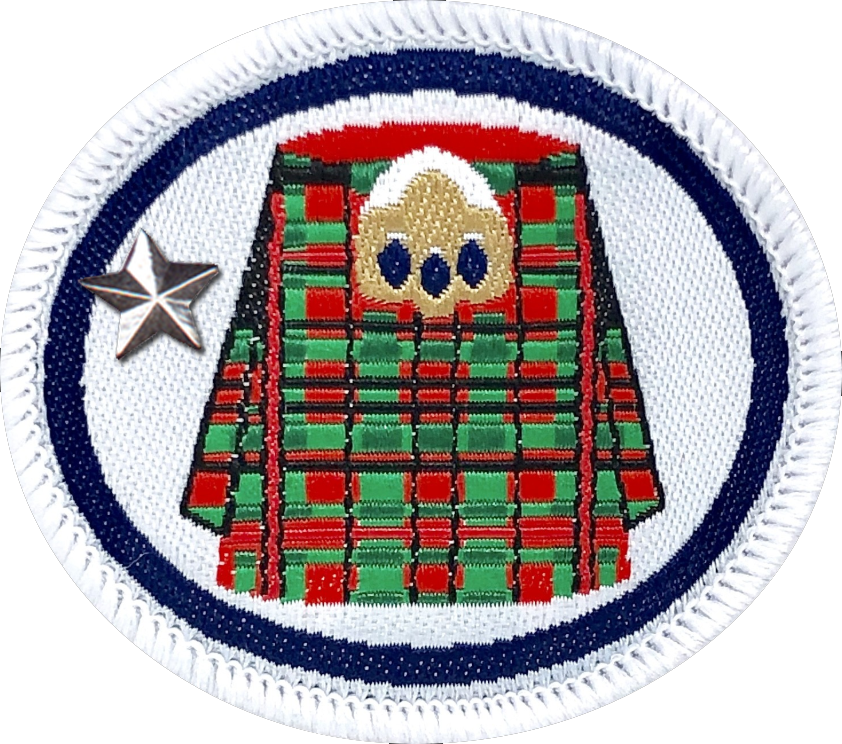Difference between revisions of "AY Honors/Kilts - Advanced/Answer Key/en"
From Pathfinder Wiki
< AY Honors | Kilts - AdvancedAY Honors/Kilts - Advanced/Answer Key/en
(Updating to match new version of source page) |
(Updating to match new version of source page) |
||
| Line 90: | Line 90: | ||
[[Category:AY Honors/noindex{{GetLangSuffix}}|{{SUBPAGENAME}}]] | [[Category:AY Honors/noindex{{GetLangSuffix}}|{{SUBPAGENAME}}]] | ||
| − | |||
| − | |||
{{CloseHonorPage}} | {{CloseHonorPage}} | ||
Revision as of 17:59, 13 July 2022
1
Have the basic Kilt honour.
2
Have the Tartan honour.
3
Investigate the history of the kilt.
4
Know the historic Gaelic names for the different types of kilts.
5
Be able to model how to put on a Great Kilt.
6
Be able to explain the Dress Act of 1776 and Diskilting Act of 1782. Know whose romantic vision of Gaelic culture and Highland dress brought about the revival of the kilt.
7
Be able to name/identify kilt accessories, such as: sporrans, kilt pin, sgian dubh (pronounced skeean doo), and ghillie brogues.
8
Do one of the following to see how tartans and kilts are made:
8a
Take a mill tour at the Lochcarron of Scotland Visitor Centre in Selkirk.
8b
Visit the Lochcarron Weavers Shop in Loch Carron in Wester Ross, Highlands.
8c
Visit a local kilt maker.
8d
If you live outside of the UK and none of these are possible, watch documentary videos on the subject and interview a kilt maker by phone or by email.
9
Wear a men’s kilt, ladies tartan skirt, or an equivalent to an event.
10
What spiritual application can you draw from kilt-making, history and evolution of the kilt, or another aspect of this honor? Write a devotional thought from this and be sure to include a corresponding Bible verse with your thought.



